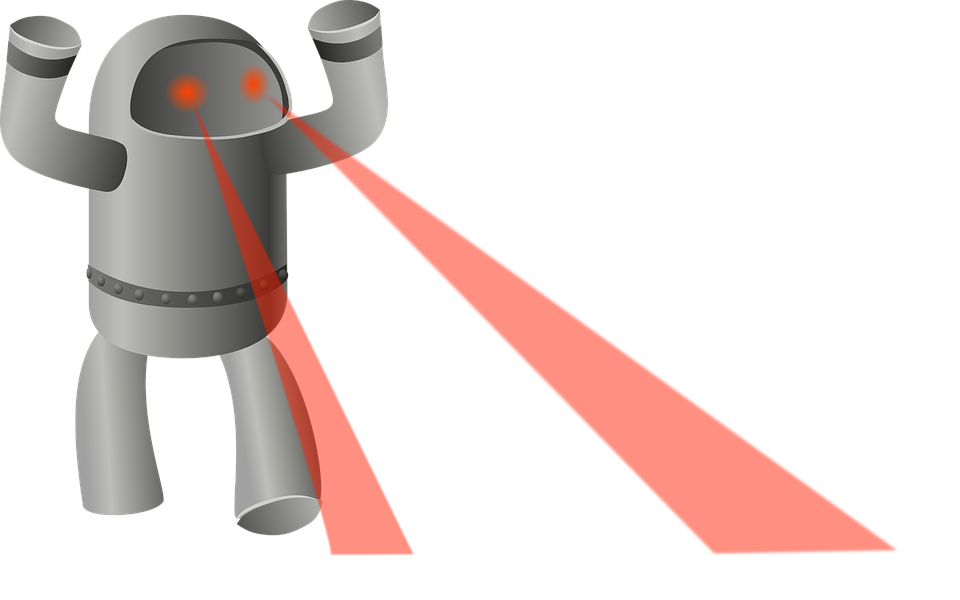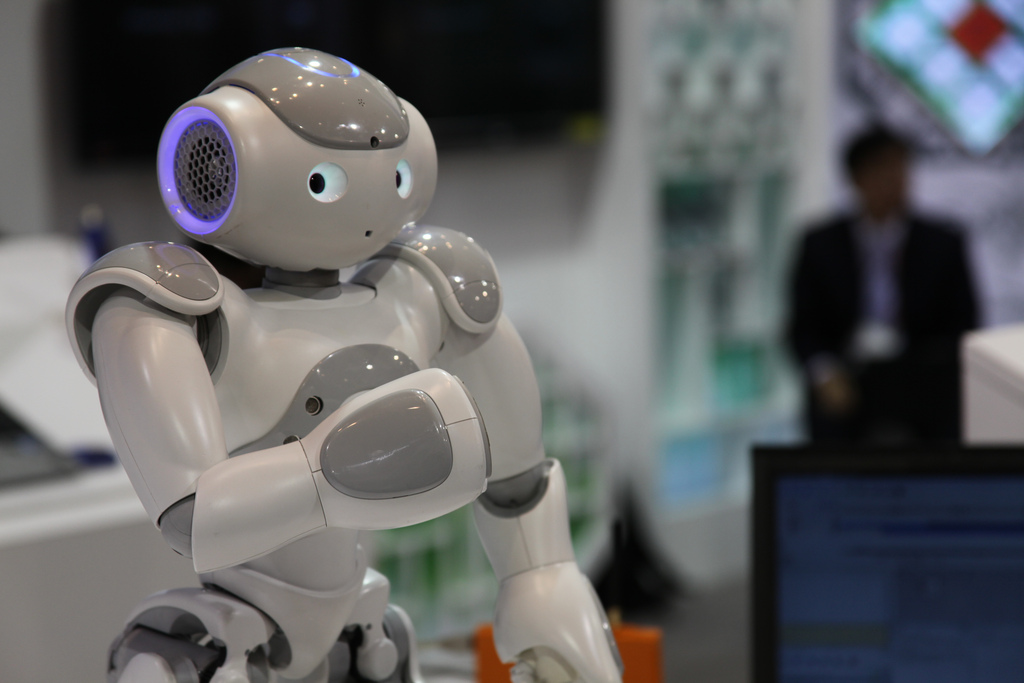Researchers from University College London (UCL), University of Sheffield and University of Pennsylvania have found that Artificial Intelligence “judges” are able to predict the results of human rights cases at the European Court of Human Rights with an accuracy rate of 79%.
How do they do it?
The Artificial Intelligence (‘AI’) “judges” examined the factual summary section from 584 European Court of Human Rights judgments relating to torture, inhuman and degrading treatment (Article 3 of the European Convention on Human Rights), the right to a fair trial (Article 6) and the right to privacy (Article 8). The data they used was all in English, and the case law was an equal split between those in which there had been a finding of a violation, and those where there had not.
The AI judges then used an algorithm to predict whether the human judges had actually found a human rights violation in the case law considered. UCL academic Vasileios Lampos said
Previous studies have predicted outcomes based on the nature of the crime, or the policy position of each judge, so this is the first time judgments have been predicted using analysis of text prepared by the court.
What did the study show?
The study suggests that the judgments in European Court of Human Rights cases have a strong relationship with the facts of each case rather than with the purely legal arguments – as the AI “judges” were able to accurately predict 4 in 5 decisions, by processing factual data, not legal principles.
Is this the end of human judges?
The short answer is, not for now. Matt Jones, an analyst at data science consultancy Tessella, highlights that we cannot – yet – rely on AI judges to make decisions in court cases: “An AI can make a good guess but without direct appreciation of the wider context outside of its training data and experience, that guess may be widely off the mark.” This is not a risk worth taking when it comes to legal cases and people’s fundamental rights.
However, this technology may bring changes. UCL computer scientist Nikolaos Aletras, who directed the study, has said that the AI judges could be “useful for rapidly identifying patterns in cases that lead to certain outcomes” and “a valuable tool for highlighting which cases are most likely to be violations of the European Convention on Human Rights.”
It might even help the European Court of Human Rights deal with its enormous backlog.
What does this mean for human rights?
 The very traditional legal world is increasingly opening up to technology. Just recently, a 19-year-old from London developed a “Robot Lawyer” which, among other things, helps people to challenge parking ticket fines. In 21 months, this AI “lawyer” overturned 160,000 parking tickets in London and New York.
The very traditional legal world is increasingly opening up to technology. Just recently, a 19-year-old from London developed a “Robot Lawyer” which, among other things, helps people to challenge parking ticket fines. In 21 months, this AI “lawyer” overturned 160,000 parking tickets in London and New York.
While Artificial Intelligence may not yet be able to replace lawyers and judges, it can increase their capacity to deal with large amounts of data and could, in more minor cases such as parking tickets, make justice cheaper and more accessible for ordinary people.
Read the full study of AI judges here.
For more information:
- Take a look at your human rights protected under the European Convention on Human Rights.
- Learn about whether there is a human right to internet access.
- Take a look at our broader materials on access to justice.







